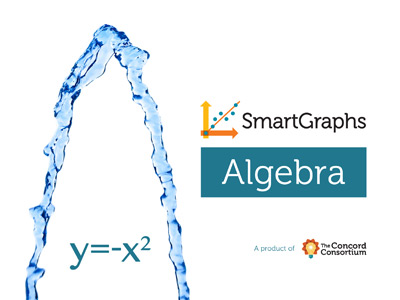Robotics in the early childhood classroom: learning outcomes from an 8-week robotics curriculum in pre-kindergarten through second grade
To examine the value of the electronic teacher guide (eTG) as a curriculum planning and teaching tool,
it was important to study it in the contexts of teachers’ actual planning, teaching, and reflecting.
This paper described two descriptive case studies.
The goal of the Electronic Teacher Guide project (NSF # 0918702) was to redesign the print teacher guide for the genetics unit of Foundation Science: Biology (NSF #0439443) as an exemplar of a cybertool that would support the implementation of the curriculum and enhance its educative impact. The completion of this goal required collaborative interactions among curriculum developers, technology designers, software developers, researchers and evaluators. The five year collaboration was characterized by major challenges relating to communication, geographical distance, and culture.
The goal of the Electronic Teacher Guide project was to redesign the print teacher guide for the genetics unit of Foundation Science: Biology as an exemplar of a cybertool that would support the implementation of the curriculum and enhance its educative impact. The completion of this goal required collaborative interactions among curriculum developers, technology designers, software developers, researchers and evaluators.
Reason Racer is an online, rate-based, multiplayer game that applies specific game features in
order to engage middle school students in introductory knowledge of and thinking related to
scientific argumentation. Game features include rapid and competitive play, timed performance,
immediate feedback, and high rates of response across many game-play sessions and science
scenarios. The areas of argumentation addressed in the game include understanding a claim,
judging evidence about a claim based on type (fact, opinion) and quality, determining the
Ault, M., (2014). How games can engage students and improve learning. eSchool News: Daily Tech News & Innovation. Retrieved from www.eschoolnews.com/2014/06/06/games-engage-students-241/
Understanding how games create a sense of flow and engagement can help teachers make better choices about their instructional use of games.
The Concord Consortium has developed 19  activities for teaching and learning algebra that are available online or as an app for iPad or Android tablet computers. These activities—which cover a variety of algebra topics, from linear equations to transformations of functions—help students develop skills creating and using algebraic functions and graphs to solve problems.
activities for teaching and learning algebra that are available online or as an app for iPad or Android tablet computers. These activities—which cover a variety of algebra topics, from linear equations to transformations of functions—help students develop skills creating and using algebraic functions and graphs to solve problems.
The Concord Consortium has developed 19 activities for teaching and learning algebra that are available online or as an app for iPad or Android tablet computers. These activities—which cover a variety of algebra topics, from linear equations to transformations of functions—help students develop skills creating and using algebraic functions and graphs to solve problems. Hints and scaffolds support learners who need help.
Leaders of three DR K-12 projects identify successful instructional strategies for using technology-enhanced curriculum materials, games, and models to achieve the NGSS practices.
The media, the public, and, indeed, many teachers have significantly criticized the introduction of the Common Core, citing concerns such as that it overcomplicates simple topics, diminishes innovation, and ignores equity issues. Following the recent introduction of the Next Generation Science Standards (NGSS), we need compelling examples and powerful research to prevent premature criticism and ensure successful implementation.